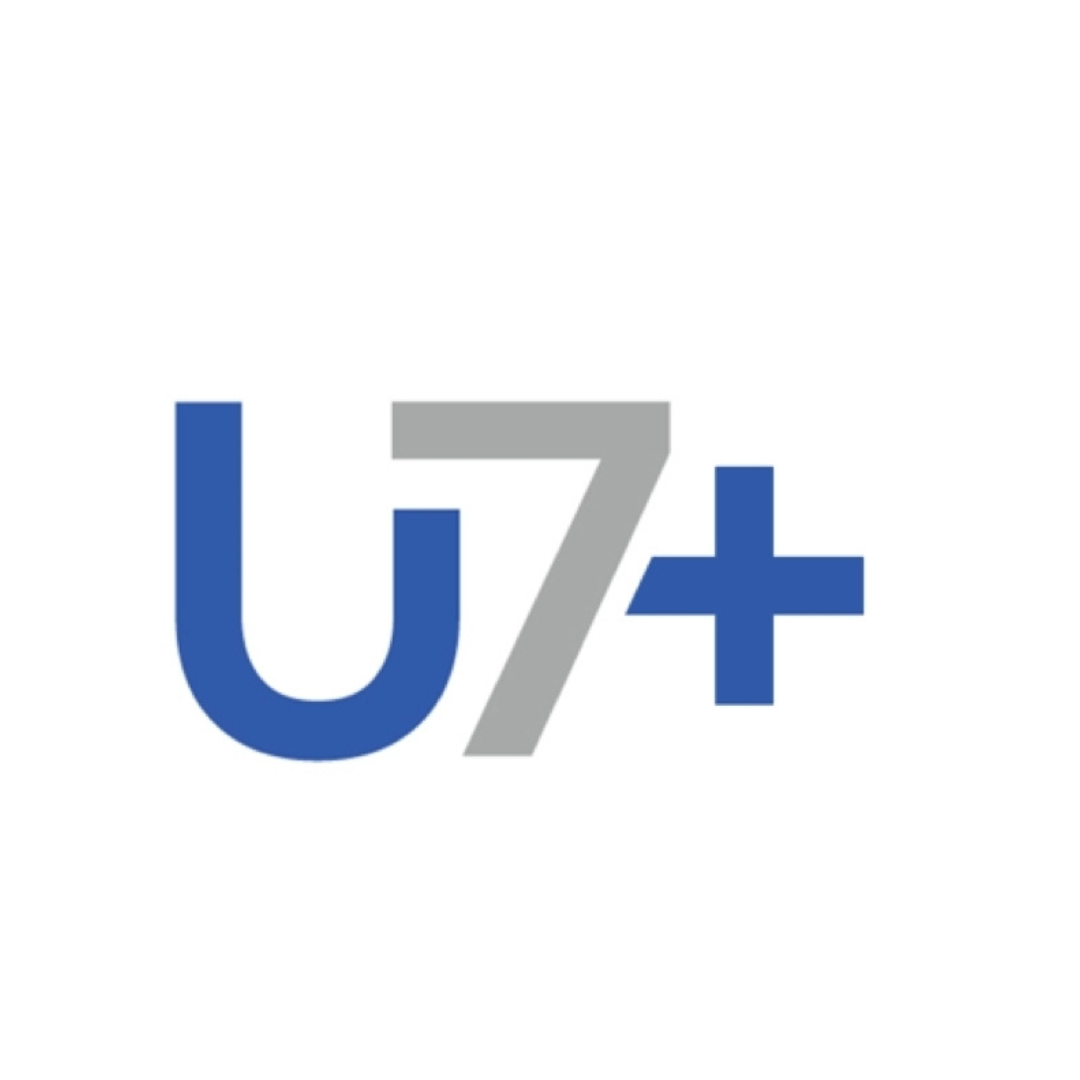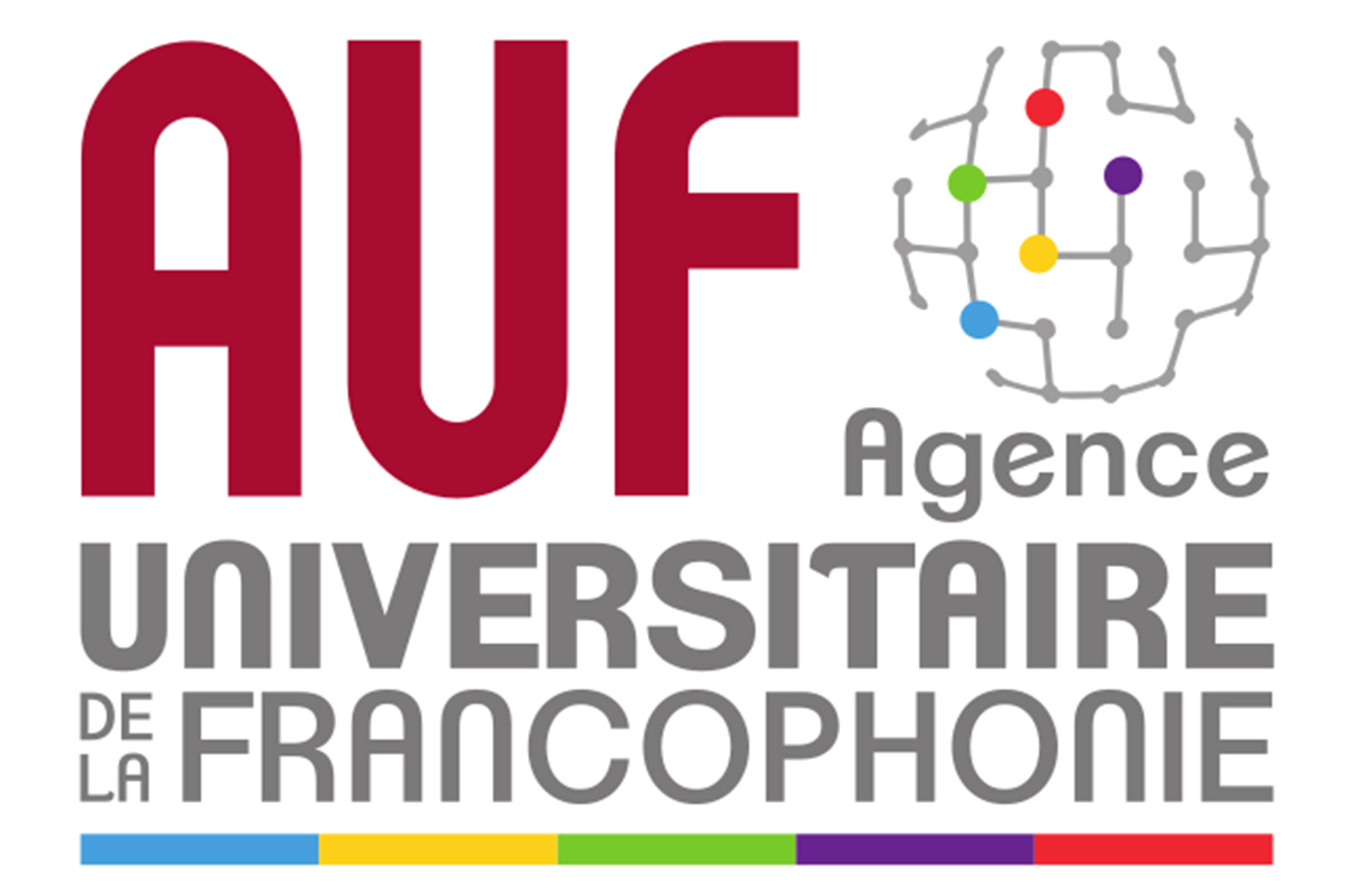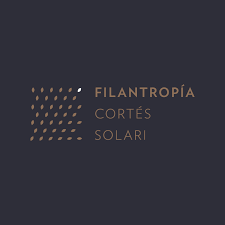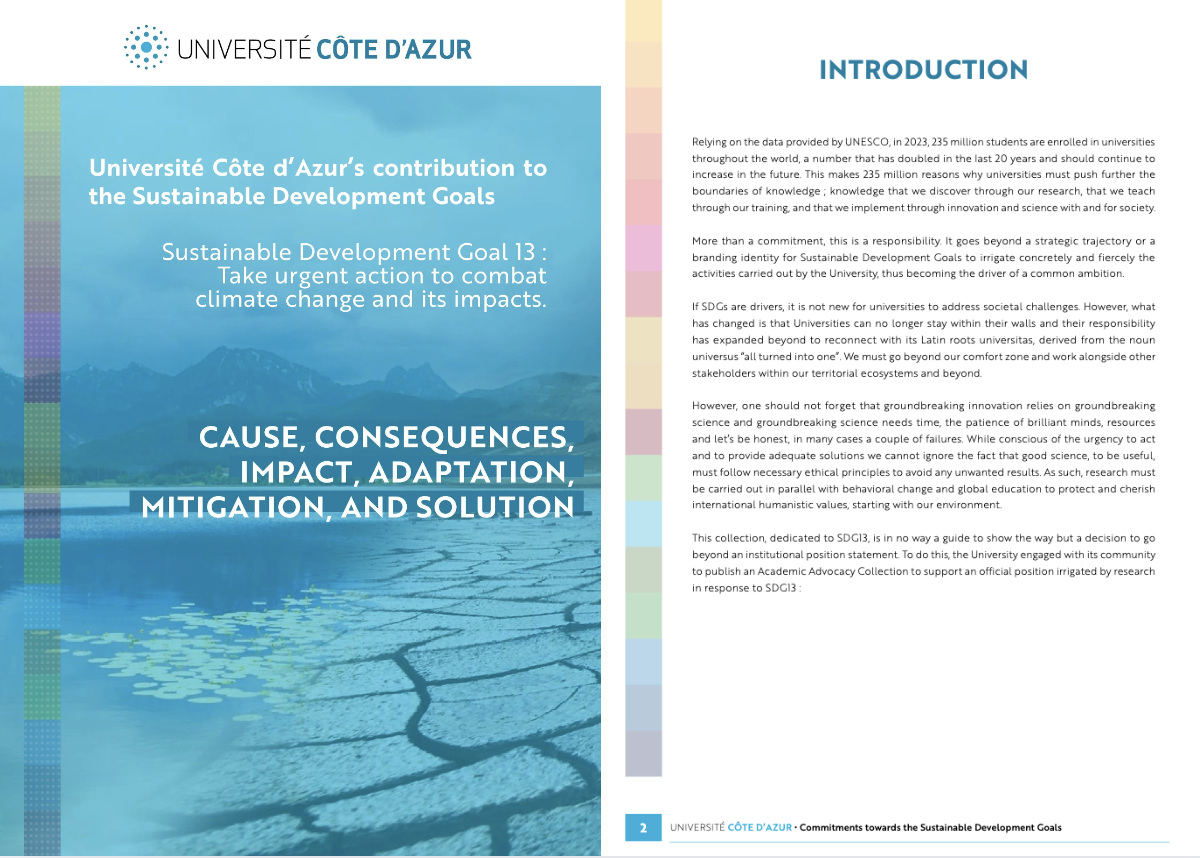Scientific diplomacy
Aware that addressing the challenges of the 21st century is only possible at an
international and multisector level, the International and Europe Program of the
Initiative of Excellence has made it a priority to contribute to strengthening scientific diplomacy as an indispensable tool for political decision-making on a global scale. The institution seeks in particular to bring the voice, tools and methods of its community into international negotiation spaces to reinforce the role of science in diplomacy. Most importantly, through its strategic international partnerships, the university has a real capacity to promote the development of interfaces between political actors, academia, and civil society.
To this end, the International and Europe Program is pursuing an ambitious strategy based on three complementary pillars:

- Supports activities that raise awareness and provide training in scientific diplomacy
-
- A MOOC developed by the Institute of Peace and Development in partnership with the AUF
- Various educational activities: advocacy, simulations, etc.
- Contributions to numerous round tables and articles, to explain the role of universities in relation to scientific diplomacy
- Strives to place science at the heart of discussions through the expertise of our community
-
- Involvement of researchers in various committees and expert groups
- Co-organization of the Science Pavilion for Climate in partnership with the Intergovernmental Panel on Climate Change (IPCC), the World Meteorological Organization (WMO), and Cortes Solari Philanthropy
- Academic advocacy collection
- Practices scientific diplomacy in order to combat obscurantism and defend academic freedoms
-
- Welcoming researchers in danger or in exile, and protecting academic freedoms
- Participation in public debates
- Engagement activities (G7, UNFCCC, European Commission) through strategic networks (U7+, NoN, Udice, EU4ALL, etc.)
International networks and partners in our science diplomacy initiatives

U7+ Alliance of University Presidents
Université Côte d’Azur is a founding member of the U7+ Alliance, which brings together university presidents from the G7 countries and 14 other nations, representing a community of more than 2 million students worldwide.
- Learn more
-
Created in 2019 under the high patronage of the President of the French Republic, this is the first coalition of University Presidents from all five continents committed to defining concrete collective actions in connection with major global challenges, in coordination with decision-makers of G7 member states and beyond. In June 2022, Université Côte d’Azur hosted the 4th edition of the Summit in Nice, which resulted in the adoption of the Côte d’Azur Declaration. In 2024, Université Côte d’Azur was elected to lead the General Secretariat of U7+ for the next 3 years, succeeding Northwestern University. Furthermore, it represents the U7+ Alliance within the Network of Networks of Universities Committed to the Climate, a coalition that brings together more than fifteen networks comprising over 900 institutions worldwide.

Agence Universitaire de la Francophonie (AUF)
Cooperation with the AUF occurs particularly in the framework of the project Universities, Francophonie and Multilateralism: Objectives and Tools of Scientific Diplomacy (UFMOODS), which is supported by the International and Europe Program of IdEx and coordinated by the Institute for Peace and Development.
- Learn more
-
The first component of the project was the creation of a MOOC titled “Scientific Diplomacy: Challenges and Perspectives”, delivered fully asynchronously on the French national platform FUN MOOC. It is completely free and participants who complete the course are awarded a badge of achievement recognizing the knowledge acquired. The second component comprised an exercise simulating international negotiations (in French), for selected students from partner universities belonging to Université Côte d’Azur’s strategic networks, as well as from AUF: University of Sherbrooke and
Université Laval (Canada), Mohammed VI Polytechnic University (Morocco), University of Lausanne (Switzerland), Félix Houphouët-Boigny National Polytechnic Institute of Yamoussoukro (Côte d’Ivoire) and State University of Haiti.

Cortes Solari Philanthropy
Université Côte d’Azur collaborates with Cortes Solari Philanthropy, particularly through the MERI Foundation, in scientific diplomacy related to climate issues.
- Learn more
-
Since 2021, the university has been participating as an observer in
the Conferences of the Parties (COP) under the United Nations Framework Convention on Climate Change (UNFCCC). In this context, it co-organizes the Science for Climate Pavilion in partnership with the Intergovernmental Panel on Climate Change (IPCC), the World Meteorological Organization (WMO), and Cortes Solari Philanthropy. This collaboration seeks to strengthen the presence of science in international climate negotiations and to promote dialogue among political actors, academics and civil society leaders.
MOOC “Scientific Diplomacy: Challenges and Perspectives”
This online course offers a progressive exploration of the interactions between science,
politics and diplomacy at a global level. Through it, participants are invited to
understand how different actors and forums play a crucial role in solving global
challenges, while facilitating international cooperation.
At the end of the course, you will be able to:
- Distinguish the fundamental principles and issues of scientific diplomacy
- Identify the key actors involved in scientific diplomacy and understand their impact in solving global challenges
- Identify different mechanisms and international scientific collaboration structures
Contribution to Multilateral Dialogue in the Face of the Climate Emergency
This includes, in particular, the co-organization of the Science Pavilion for Climate in partnership with the Intergovernmental Panel on Climate Change (IPCC), the World
Meteorological Organization (WMO) and Cortes Solar Philanthropy, as well as the organization of official UNFCCC events with U7+.
In parallel, since 2023, a local “Mirror” COP has been organized on campus to raise awareness among the university community and the general public about climate issues. This program features a series of events, round tables, and workshops heldacross the university’s campuses, particularly between November and December, in conjunction with the COP.
Academic advocacy collection
To that end, the University has engaged its community to publish an Academic Advocacy Collection to support an official stance informed by research. To date, more than 130 authors have contributed to more than 40 advocacy documents.
In addition to the publication of the Collection, several events are organized to showcase these academic advocacy works at the COP or more locally. Moreover, the university community is encouraged to embrace advocacy as a pedagogical tool to support student positions based on knowledge. There is an ongoing open call for new contributions.
Scientific Diplomacy as an Instrument for Achieving the Sustainable Development Goals
The transformation of Université Côte d’Azur is guided by the conviction that universities are vectors of knowledge, providers of solutions, and thus the promise of a better future for generations to come and, more broadly, for civil society. In this respect, they should play an essential role in achieving the United Nations Sustainable Development Goals (SDGs). (Université Côte d'Azur) This responsibility feeds into the activities carried out by the University, thereby becoming a driving force to achieve the shared ambitions. Moreover, beyond activities, universities must engage in a profound transformation of their structures to better respond to the challenges posed by the SDGs. (Université Côte d'Azur)
In this context, significant efforts are being made to highlight and disseminate academic activities that impact the SDGs, and an annual report is published in order to:
- Illustrate how Université Côte d’Azur is implementing Agenda 2030 and the SDGs at a structural level
- Present the evolution of certain key performance indicators for each SDG
- Present some highlights for each SDG
- Promote academic advocacy pieces on the SDGs by the Université Côte d’Azur community
UNESCO Chairs
IdEx encourages cooperation with international organizations through its support for UNESCO Chairs, which open the door to international networks and institutional cooperation:
- UNESCO Chair “Ethics of the Living and the Artificial” (EVA), held by Professor Vanessa Nurock
- UNESCO Chair “Peace and Development through Law” (P2D), held by Professor Jean-Christophe Martin

















